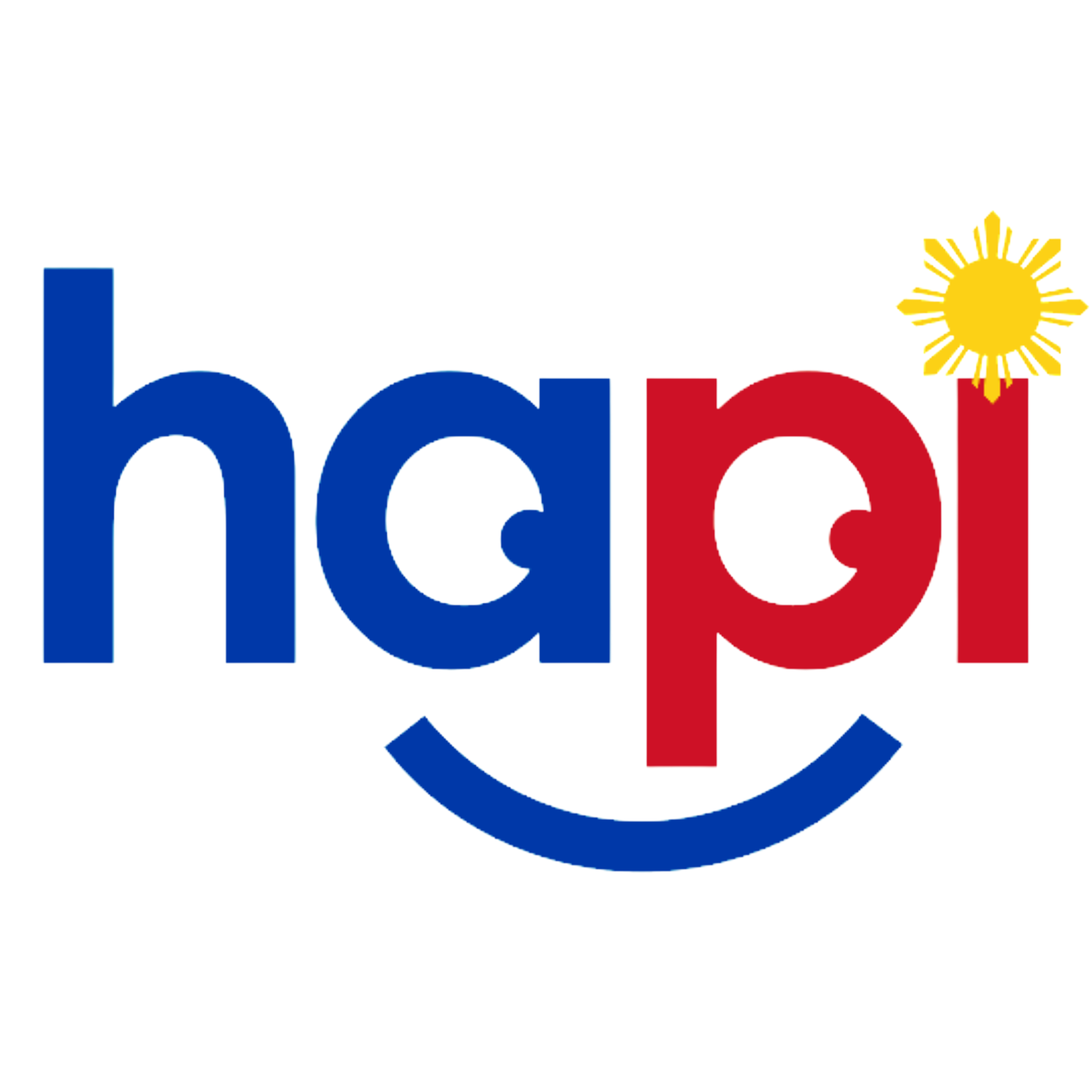FAQs
Frequently Asked Questions (FAQs)
What is homeschooling?
Homeschooling is parent-led, home-based education. Because it can be customized, the learning process in homeschooling takes on many forms. These may include employing a tutor or online resource and sharing the job with other homeschooling parents. For some students, especially older, more independent learners, studying is usually self-directed, although parents are still involved. The similar factor is that the parents are “steering” the whole process.
DepEd's Definition
The Philippines Department of Education details the Homeschooling Program in the Revised Policy Guidelines on Homeschooling Program based on DepEd Order 001 s2022.
The Homeschooling Program is one of the Alternative Delivery Modes (ADMs) under the
Flexible Learning Options of public and private elementary and secondary schools where the learner’s education is managed by parents/guardians and happens primarily at home.
Who should homeschool?
We firmly believe that “every family who can homeschool, should homeschool”. Ideally, this would mean a family who can afford to have at least one parent supervising the daily instruction.
Is homeschooling legal in the Philippines?
YES! The 1987 Constitution in its Declaration of Principles and State Policies acknowledges the “rearing of the youth as the natural and primary right and duty of parents which shall receive the support of the Government.”
(Philippine Constitution Art. II Sec.12). **
The State shall protect and promote the right of all citizens to quality education at all levels and shall encourage, among others, non-formal and informal systems as well as self-learning and independent study programs (Art. XIV Sec 2).
One of HAPI’s biggest accomplishments was homeschooling’s recognition through the Philippine National Homeschool Day on March 3, with the help of Senator Francis N. Pangilinan who authored the Senate Resolution. The first ever National Homeschool Day was celebrated in 2017.
Why choose homeschooling?
Homeschooling creates an environment where customized and personalized learning can take place. This gives children the opportunity to excel academically. More importantly, the amount of time spent together as a family allows the parents to be the primary influence in the lives of their children. As a result, parents can more effectively pass on the values and character traits they want their children to learn.
Furthermore, because homeschooled children socialize vertically, i.e.across ages, rather than horizontally, they become less peer-dependent. The flexibility of homeschooling also provides children with more time to play, to be outdoors, to pursue interests, hobbies, and sports which they can excel in.
Are there requirements to become a homeschool teacher?
All parent teachers enrolled in a Department of Education Accredited homeschool provider must be college graduates. Parent-teachers who do not hold college degrees may however still homeschool independently and have their children re-enter the Department of Education system via the PEPT (Philippine Educational Placement Test).
Important HAPI terms to know
Homeschool Provider
An institution that offers a homeschool program. These may or may not be accredited by the Philippines’ Department of Education. For inclusion into the Department of Education system, homeschoolers are required to be enrolled in a Department of Education accredited homeschool provider.
Compliant Curriculum
A curriculum which meets the learning goals of the Department of Education for the corresponding year level.
Homeschool Program
A system of compliant curricula and mechanisms to support the parent and the homeschooled learner.
HAPI – the Homeschool Association of the Philippine Islands
LRN (Learner Reference Number)
As a requirement for Basic Education, every child needs a unique Learner Reference Number (LRN). Based on DO 22, s.2012 – Adoption of the Unique Learner Reference Number: The LRN is a permanent twelve (12)-digit number which the student shall keep while completing the basic education program, regardless of transfer to another school or learning center in the public or private sector, and promotion or moving up to the secondary level. To facilitate the tracking of pupils/students/learners and their performance, a Unique Learner Reference Number (LRN) will be issued to all public school pupils and students and Alternative Learning System (ALS) learners based on the School Year.
The LRN shall be incorporated in all documents, forms, examinations, surveys, and databases which refer to a pupil, student or learner. For those enrolled with Department of Education accredited homeschool providers, the LRN is issued by the providers. For those who are not enrolled with such providers (independent homeschoolers with or without accreditation), LRN may be obtained through a PEPT.
PEPT (Philippine Educational Placement Test)
The PEPT is designed for re-entry of students into the Department of Education’s system through mainstream schooling or enrollment with Deped accredited homeschool providers.
Email Us
Connect with Us
Join Our Online Community
Be part of our growing online homeschool community. Connect with fellow homeschool families, take part in the latest discussions on Philippine homeschooling, learn from our homeschool leaders, derive inspirations from the community, and so much more.

